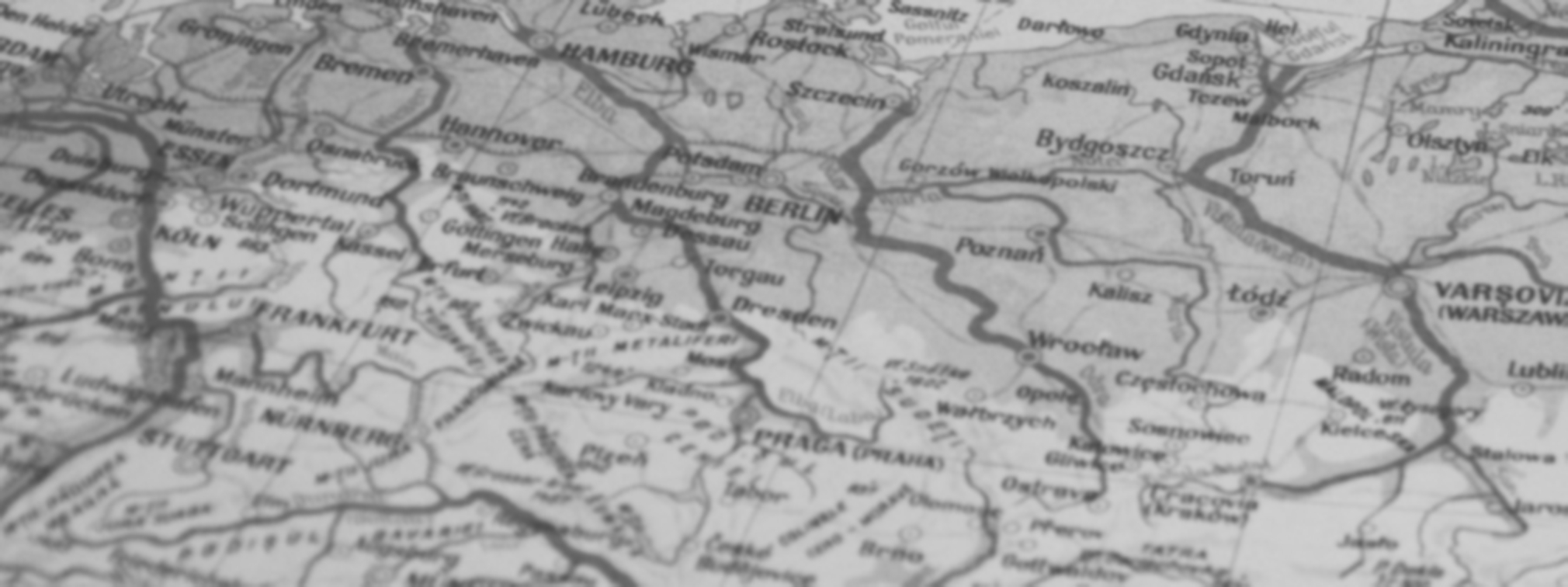
During the 1960s, the guerilla movement in Cuba began to strengthen and spread. Among the countries most eligible for training the guerilla fighters was Bolivia. Cuban-sponsored guerilla warfare disturbed the leaders of the Communist Party in Bolivia. In 1967 Aldo Flores, a member of the PCB Central Committee, participated as a Bolivian CP delegate to the SED Congress in Berlin and then visited the USSR. He wanted to use his transit through Prague to inform the Central Committee of the Communist Party in Czechoslovakia of recent events in Bolivia and some problems between the Bolivian CP and the Cuban CP. Consequently, in a secret conversation with the head of the CPCz’s International Department, he emphasized a few facts.
The Goal: Guerilla Warfare
Flores emphasized that cooperation between the Cuban and Bolivian CP had begun “about three years ago” (1964). The focus was on preparing the development of guerilla warfare in South America. There were even centers for the preparation and training of guerilla groups. Their goal was to support any guerilla movement in neighboring countries like Argentina, Peru, Paraguay, Brazil, and Chile.
Ernesto Che Guevara in a forest in Bolivia (Getty Images)
Although the General Secretary of the Bolivian CP, Mario Monje, partially agreed to this in Havana, Flores said during this secret conversation that both guerilla movements in Peru and Argentina failed. The governments of these countries were not informed in advance about the preparation and launch of these actions.
Cuba Takes Charge
Even after the previously mentioned setback, Cuban officials wanted to continue their actions in Bolivia. According to Flores, things strengthened after several Cuban volunteers arrived with the help of their Bolivian comrades. Their task was to personally direct the preparation and work in the guerilla training camps. It was agreed the Bolivian CP would manage all the actions, but Cuban officials would build their own organization in Bolivia, composed entirely of their own people. Also, some members of the Bolivian CP travelled to Cuba to participate in the military training. But, after arriving in Bolivia, they received instructions not to establish contacts with the Bolivian CP.
Political and Military Matters
Flores stated that things were out of the hands of Bolivia. So, when Monje travelled to Cuba to meet with Fidel Castro, he explained that the center of the revolution would be out of Bolivia. But due to the country’s geographical position, it would be very difficult to prevent outside intervention and blockade. Therefore, he stated, it was necessary for Cuban leadership to maintain control over military matters. Also, Castro offered Monje political leadership that would be subordinate in all matters to military leadership.
Seeking a Peaceful Solution
Cuban leadership wanted the guerilla movements to be developed from bases in Bolivia and then extend into other countries. Potential mass arrests and killings were expected as well. Although the Bolivian CP intended to support the guerilla movements with medicine and supplies, arms, and propaganda, they didn’t see this fight as the only possibility, but as one of the possibilities. PCB was also confused. It didn’t know if the military actions conducted by the guerillas were on purpose or accidental. For example, Flores emphasizes the event when revolutionaries attacked a military topographic survey group, believing it to be a criminal expedition corps (core) deployed against them. He saw the solution in clarifying the whole matter, not in controversial accusations of Cubans meddling in international affairs. A disregard for the position of the party was a matter of PCBs interest and it needed to be resolved.
Ivana Tucak